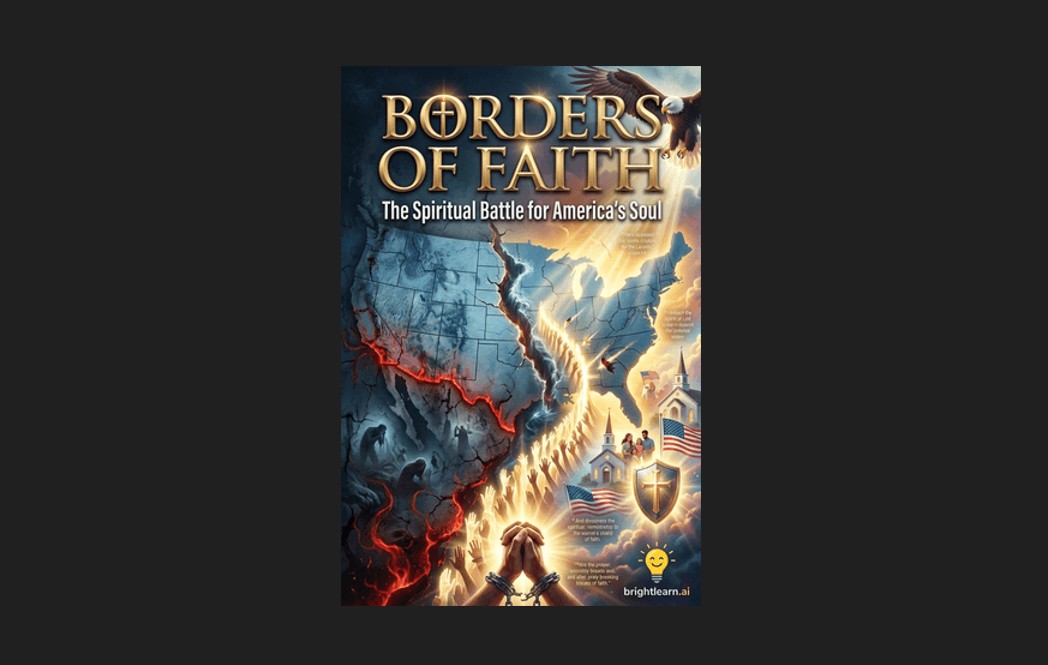© Brighteon.com All Rights Reserved. All content posted on this site is commentary or opinion and is protected under Free Speech. Brighteon is not responsible for comments and content uploaded by our users.
freedom of speech
The right to express information, ideas, and opinions free of government restrictions based on content and subject only to reasonable limitations (as the power of the government to avoid a clear and present danger) especially as guaranteed by the First and Fourteenth Amendments to the U.S. Constitution
Some of the pertinent reasonable limitations are listed below:
True Threats: For legal purposes a true threat is a statement directed towards a specific person and meant to frighten or intimidate another person and make them believe that they will be seriously harmed by the speaker or by someone acting on behalf of the speaker. True threats are not protected by the First Amendment. A person who makes a true threat can be charged with a crime, prosecuted, convicted and punished. State laws that make cross-burning a crime have been justified as the act is form of true threat;
Libel and slander: A person can have to answer in a civil court of law to a lawsuit alleging that they libeled or slandered another person. Libel is the publication of a statement about a person that is false, causes harm to their reputation and damage. Libelous statements usually concern the following:
Statements regarding improper sexual conduct;
Statements that associate someone with a vile disease, e.g. claiming that person has a sexually transmitted infection;
Statements that accuse the person of illegal behavior;
Statements that hurt someone’s livelihood.
Statements that allege racial or religious bigotry.
Slander is essentially the same but the slanderous statement is made orally, not in writing. For a person who is a public figure to prove libel or slander, they have to prove that the source of the false statement made it with knowledge that is was false or recklessly failed to verify the truth of it,
Fraud and Other Speech Incident to Criminal Conduct: A person can be subject to criminal prosecution by police authorities for crimes that involve making false representations about a range of things for criminal purposes, usually to part a person from their money or other thing of value. Another category of crime that might punish speech is identified as disturbing the peace;
Fighting words: So-called “fighting words” are words, or speech, aimed at inciting imminent, lawless action on the part of those who hear them. The use of fighting words can be prohibited and made illegal in criminal law.





